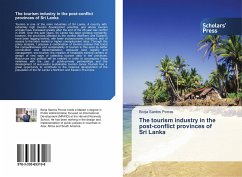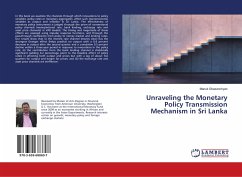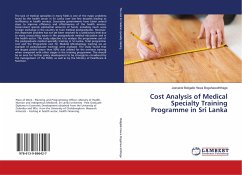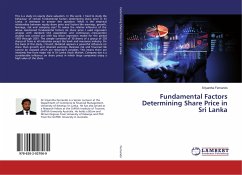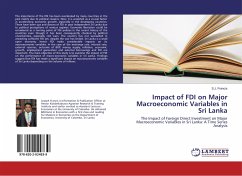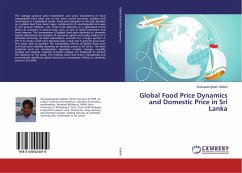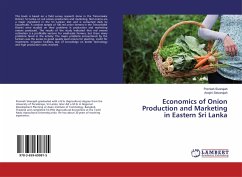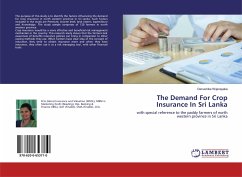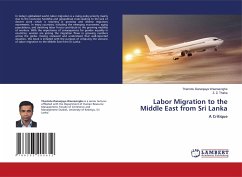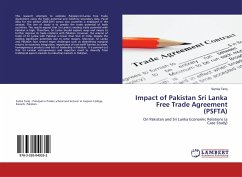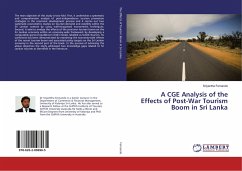
A CGE Analysis of the Effects of Post-War Tourism Boom in Sri Lanka
Versandkostenfrei!
Versandfertig in 6-10 Tagen
30,99 €
inkl. MwSt.

PAYBACK Punkte
15 °P sammeln!
The main objective of this study is two-fold. First, it undertakes a systematic and comprehensive analysis of post-independence tourism promotion strategies in the economic development process and it carries out two systematic econometric studies on tourism demand and volatility within the Sri Lankan context by using well-recognised econometric techniques. Second, it aims to analyse the effects of the post-war tourism boom on the Sri Lankan economy within an economy-wide framework by developing a computable general equilibrium (CGE) model, labelled as SLCGE-Tourism. Its usefulness has been dem...
The main objective of this study is two-fold. First, it undertakes a systematic and comprehensive analysis of post-independence tourism promotion strategies in the economic development process and it carries out two systematic econometric studies on tourism demand and volatility within the Sri Lankan context by using well-recognised econometric techniques. Second, it aims to analyse the effects of the post-war tourism boom on the Sri Lankan economy within an economy-wide framework by developing a computable general equilibrium (CGE) model, labelled as SLCGE-Tourism. Its usefulness has been demonstrated by examining the economy-wide effects of the recent tourism boom and associated policy targets on the Sri Lankan economy in the second part of the book. In the process of achieving the above objectives the study addressed two knowledge gaps related to Sri Lankan tourism as identified in the literature.



